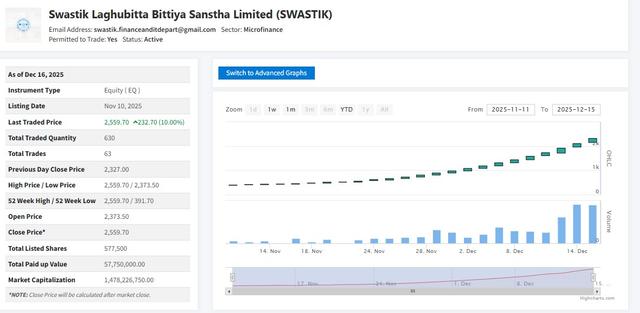India Surpasses Japan to Become the 4th Largest Economy in the World
Author
Nepsetrading

In a landmark shift in global economic rankings, India has officially overtaken Japan to become the 4th largest economy in the world, according to the International Monetary Fund’s World Economic Outlook (April 2025). This moment marks a significant milestone in India’s economic journey, signaling its rising global influence and resilience in the face of global uncertainties.
The latest data from the IMF pegs India’s GDP at $4.187 trillion, marginally surpassing Japan’s $4.186 trillioneconomy. Though the difference is razor-thin, it is historically symbolic. This transition reflects India's strong economic momentum, supported by a robust service sector, a growing manufacturing base, and rising domestic consumption. Additionally, India has been benefiting from strategic policy reforms, global investment inflows, and a youthful workforce that continues to drive innovation and productivity.
The global rankings are led by the United States with a massive $30.507 trillion economy, followed by China at $19.231 trillion. Germany maintains the third spot with $4.744 trillion, followed now by India at fourth. The rest of the top 10 includes Japan, the United Kingdom ($3.839 trillion), France ($3.211 trillion), Italy ($2.422 trillion), Canada ($2.225 trillion), and Brazil ($2.125 trillion).
India’s economic ascent has been years in the making. Its technology sector, particularly in software services and startups, continues to thrive. Simultaneously, government infrastructure spending, policy digitization, and financial inclusion programs have contributed to boosting economic activity across urban and rural sectors. India’s role in global supply chains has also expanded as companies look for alternatives to China amid geopolitical tensions.
For Japan, the economic slip to the 5th position comes amid demographic challenges and relatively slower growth. An aging population and shrinking workforce have put pressure on Japan’s productivity and innovation capacity despite its technological prowess.
Experts suggest that if India maintains this trajectory, it could overtake Germany in the next few years and enter the top three global economies. However, this will require sustaining high growth rates, managing inflation, reducing fiscal deficits, and continuing to improve infrastructure and education.
This development has sparked both pride and urgency across Indian policy circles and business communities. It not only reaffirms India’s growing status on the world stage but also raises expectations for more global responsibility and leadership in areas such as climate change, digital economy, and global trade governance.
India’s rise to the 4th largest economy is not just a statistical milestone—it is a testament to the country’s transformation into a formidable economic powerhouse with the potential to shape the future of the global economy.



